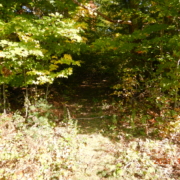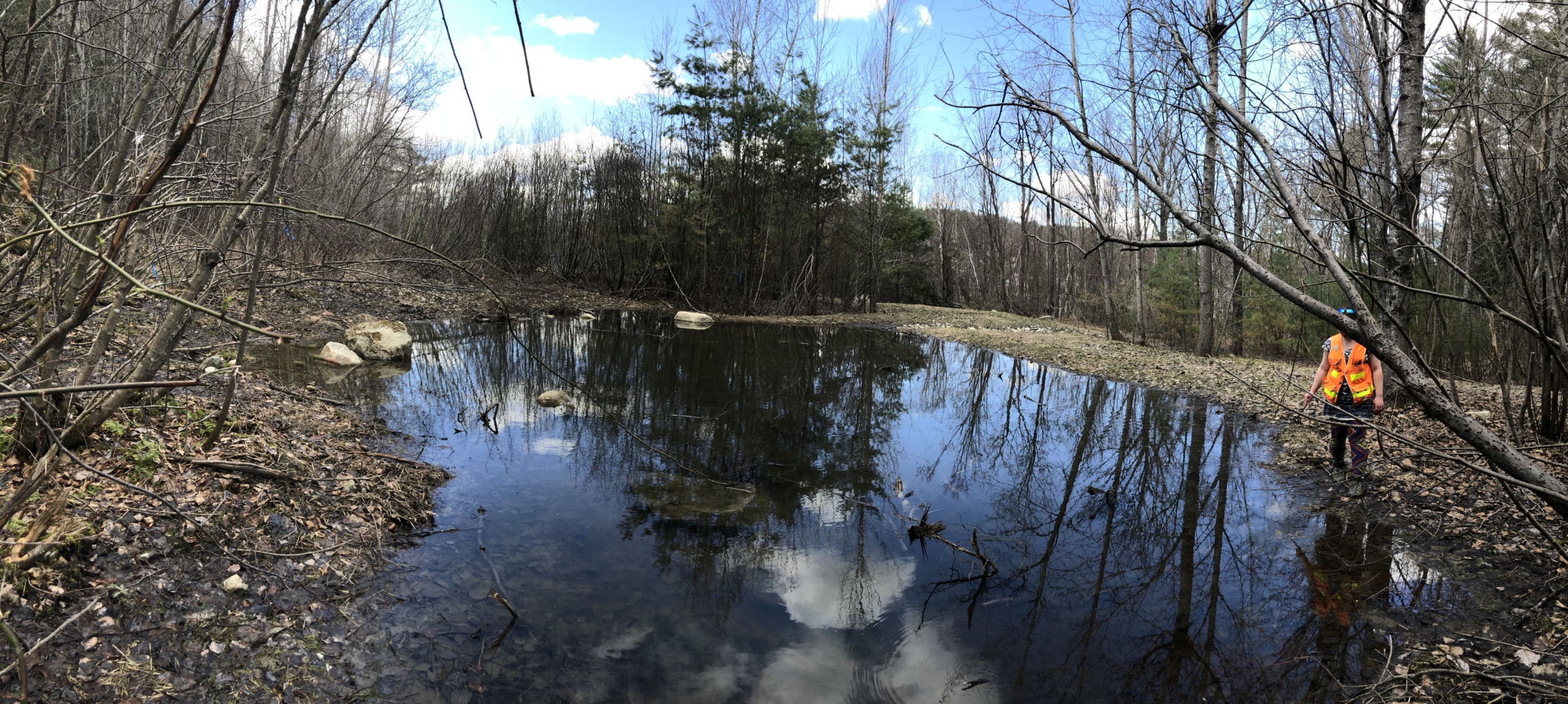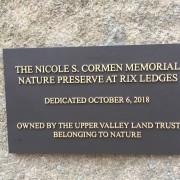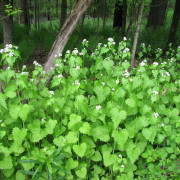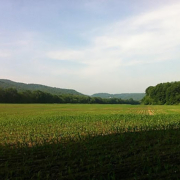Celebrating Women’s History Month: Alma Duckworth and Rebecca Jones
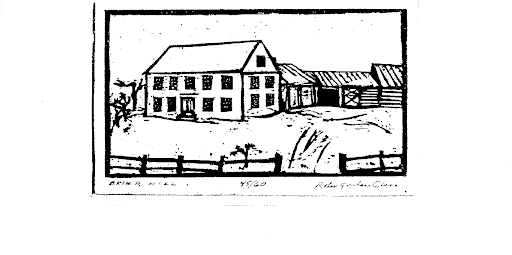 Celebrating Women’s History Month: Alma Duckworth and Rebecca Jones
Celebrating Women’s History Month: Alma Duckworth and Rebecca Jones
As Women’s History Month comes to a close, we remember two sisters, Alma Duckworth and Rebecca Jones, whose quiet dedication to preserving history and the natural environment continues to shape the Upper Valley landscape.
Born Alma Rose Field and Rebecca Field in 1899 and 1905, respectively, the sisters grew up on the historic Cold Brook Farm in Montague, Massachusetts. Both had a deep appreciation for nature and the arts. Alma, an avid antiques collector and gardener, spent much of her life in Springfield, Massachusetts with her husband Harold Duckworth. Rebecca was a talented painter, sculptor, and architect who studied at the Massachusetts Agricultural College, the Massachusetts Art School, and in Munich, Germany. She later married fellow artist Frederick Jones and worked for the Works Progress Administration and the Pratt and Whitney drafting department before becoming a teacher and arts community leader in Hartford, Connecticut.
By the 1970s, the sisters were both widowed, and Rebecca moved north to join Alma, who was then living in the historic Wilcox House in Orford. The sisters soon started to chafe at the proximity of their neighbors, though, complaining that Orford had grown “too stuffy.” Then in their eighties, they purchased the historic Daniel Carr House in North Haverhill and embarked on an ambitious restoration.
The property, a dilapidated farmhouse abandoned for decades amidst the fields of dairy farms, was a diamond in the rough, with wall murals thought to be painted by noted folk artist Rufus Porter.
With Alma’s antiques expertise and Rebecca’s architectural knowledge and artistic eye, the home was in safe hands. Their sympathetic, historically accurate restoration brought the property back from the brink of total disrepair.
The sisters also sought to restore the home’s original parcel of land, gradually acquiring 260 acres of woods and fields. When they weren’t working on the home itself, Rebecca could often be found horseback riding across her land and neighboring dirt roads, while Alma was usually hard at work in the garden.
Though Alma lived to 103 and Rebecca to 97, they hoped their home, which they called Brierfields, would stand for many more centuries. They protected the building with a preservation easement held by Historic New England and donated a conservation easement to UVLT to keep the land intact and undeveloped.
Despite their remarkable lives and the magnitude of their gift to the community, Alma and Rebecca remained humble and understated. In 1995, when we asked Alma if she had a message for future generations, she wrote, “I really can’t think of anything I could write that would be of interest to anyone. The snow has made everything more beautiful than ever, and the only excitement right now is 32 turkeys in the cornfield and an antlered stag foraging for apples under an old tree. All good wishes for Christmas and 1996.”
But Alma and Rebecca’s impact needs no words. Instead, we see it in that beautiful winter snow she described, falling on fields and forests that will remain untouched thanks to the sisters’ generosity and vision.

